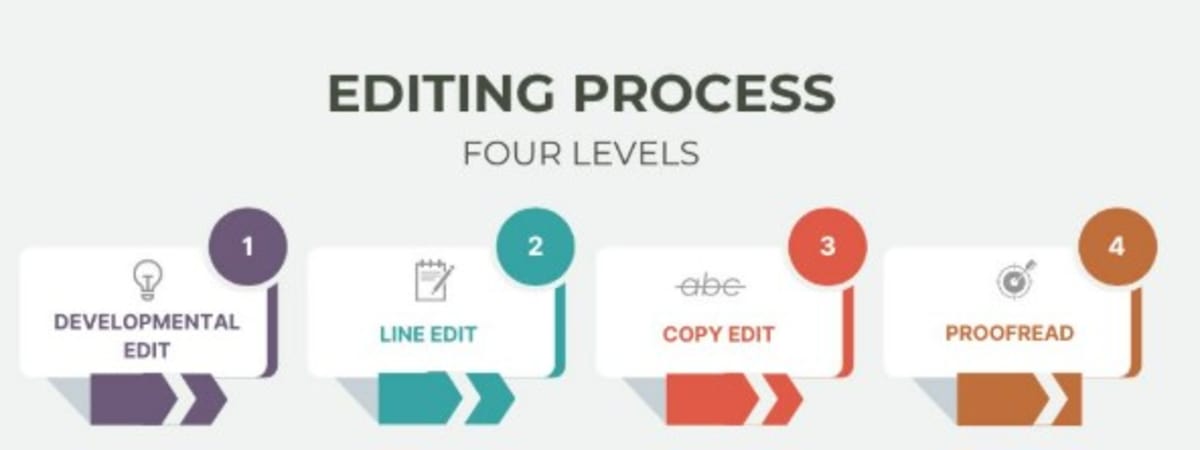I’m currently deep into developmental edits for my latest project, and I have four specific tasks to complete—each one a request from my editor. As I dive into revising, I find myself overwhelmed by a flood of mixed emotions. Reading through my first book, I can’t help but cringe at some of the choices I made. Honestly, I want to rewrite the entire thing. Staying focused on the tasks at hand is more challenging than I anticipates. Sometimes it feels easier to start from scratch than to make the adjustments my editor has outlined.
This experience is entirely normal in the publishing process, especially during developmental edits. Developmental editing is the stage where big-picture changes happen—story structure, character development, pacing, plot consistency, and overall readability. It’s a critical phase that shapes your manuscript into a polished piece ready for the next steps, such as line editing and proofreading. During this phase, you might find yourself questioning your earlier work or noticing areas that need significant improvement. That’s a sign you're growing as a writer.
Having written four novels and two short stories since I first completed Shadows of the Stage, I am reminded that this process of reflection and revision is essential for growth. It’s part of developing a stronger craft and a better understanding of my own voice. When I see my initial writing alongside my newer work, I realize how much I’ve learned—and still have to learn.
Today, I also drew the Messenger and the Chaos cards—signs that I am indeed in a tumultuous phase of my creative journey. It’s easy to get lost in self-doubt, but I remind myself that every revision, every challenge, is part of becoming a better writer.
In the broader world of publishing, developmental editing is often seen as the most crucial and challenging stage. It’s where collaboration with editors really helps refine your story, balancing your creative vision with the expectations of your target audience. Editors provide valuable insights—spotting plot holes, character inconsistencies, or areas where the pacing drags—and they help you elevate your work from a rough draft to a compelling narrative.
Ultimately, embracing this stage—and the discomfort that can come with it—means trusting the process. Each edit is a step toward producing a story that’s stronger, clearer, and more impactful. So, even as I struggle with my current revisions, I know I’m on the right path—growing not just as a writer, but as a storyteller.
